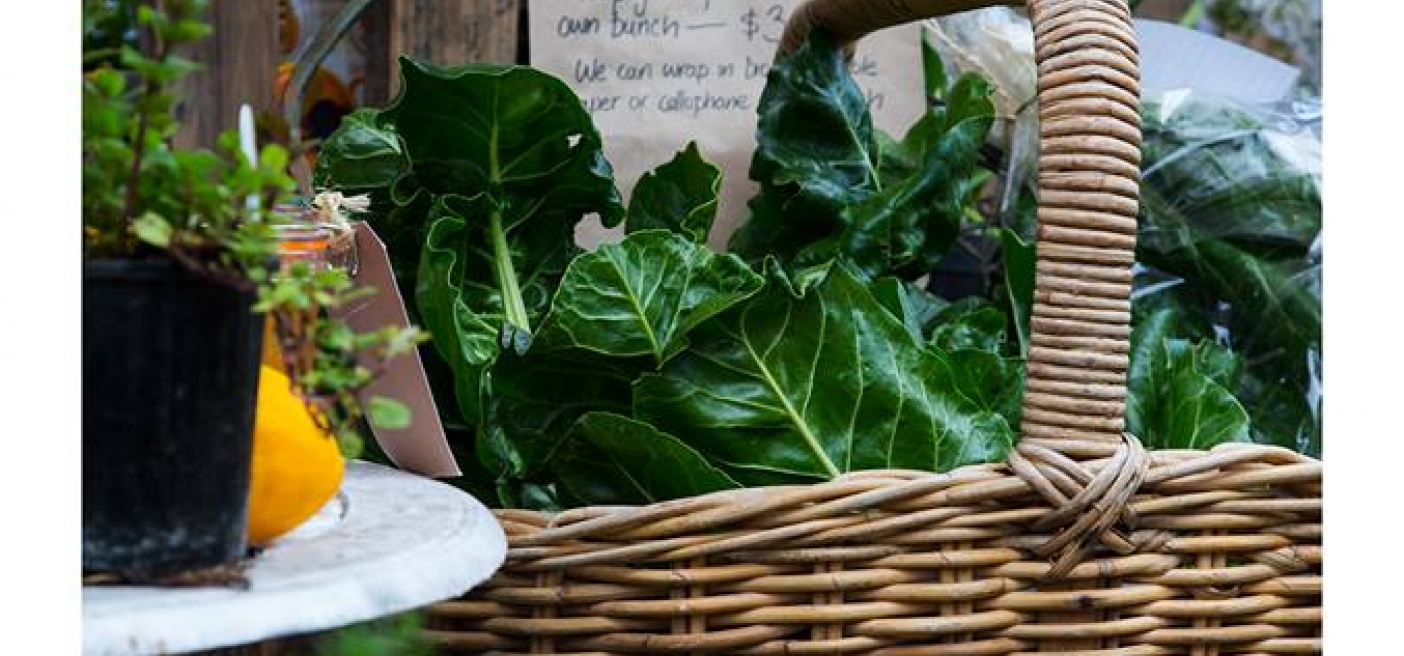BIODYNAMIC FARMING: WHAT IS IT & DOES IT YIELD BETTER PRODUCE?

What is biodynamic farming?
Biodynamic farming is a type of agriculture – similar to organic farming (where food is grown without synthetic chemicals).
The Biodynamic Association describes the biodynamic way as “a holistic, ecological, and ethical approach to farming, gardening, food and nutrition.”
In a nutshell, the biodynamic farming culture can be described as follows:
- It refers to specific crop-growing methods.
- It is a form of alternative agriculture.
- It includes various esoteric concepts.
- It handles soil fertility, plant growth, and livestock care as ecologically interrelated functions.
- It also puts emphasis on the spiritual and mystical perspectives.
- Biodynamic farming prohibits synthetic chemicals and promotes manures, compost and various herbal and mineral additives.
Is the biodynamic way better?
It can be argued well that biodynamic food offers enhanced nutrition, quality and flavour. Biodynamic practices continuously renew and replenish soil micro-organisms, creating a diverse, balanced ecosystem that promotes resilience and generates health and fertility – this enhances the nutrition, quality, and flavour of the food produced.
How did biodynamic farming come about?
Biodynamic farming is based on the philosophies of Rudolf Steiner. Steiner is probably best known for his educational viewpoints and as the founder of Steiner Schools but he is also known as the ‘Grandfather of biodynamic farming’.
He presented a series of lectures in 1924 following a request by farmers who noticed soil degradation and a decline in crop and livestock quality after using chemical fertilisers.
Steiner put forward an entire philosophy of life, which included recipes and techniques for how agriculture should be implemented to ensure that natural life forces were evident in all foods produced. He believed that we must focus on the use of natural approaches to farming and food production or there would be major consequences for society. It was after these lectures that biodynamic farming became very popular in Europe.
Biodynamic farming today
The biodynamic movement of today includes regenerative farms, gardens, orchards and vineyards across the world.
Many modern day biodynamic farmers now work in collaboration with other farms and form supportive partnerships with others such as environmental groups, educational institutions, the health and wellness sector, waste management companies, restaurants, and social enterprises. Biodynamics is not only a system for regenerative agriculture but also a powerful movement for innovations in all aspects of life connected to food production.
Find out more here
Get your biodynamic planting calendar here
Sources:
